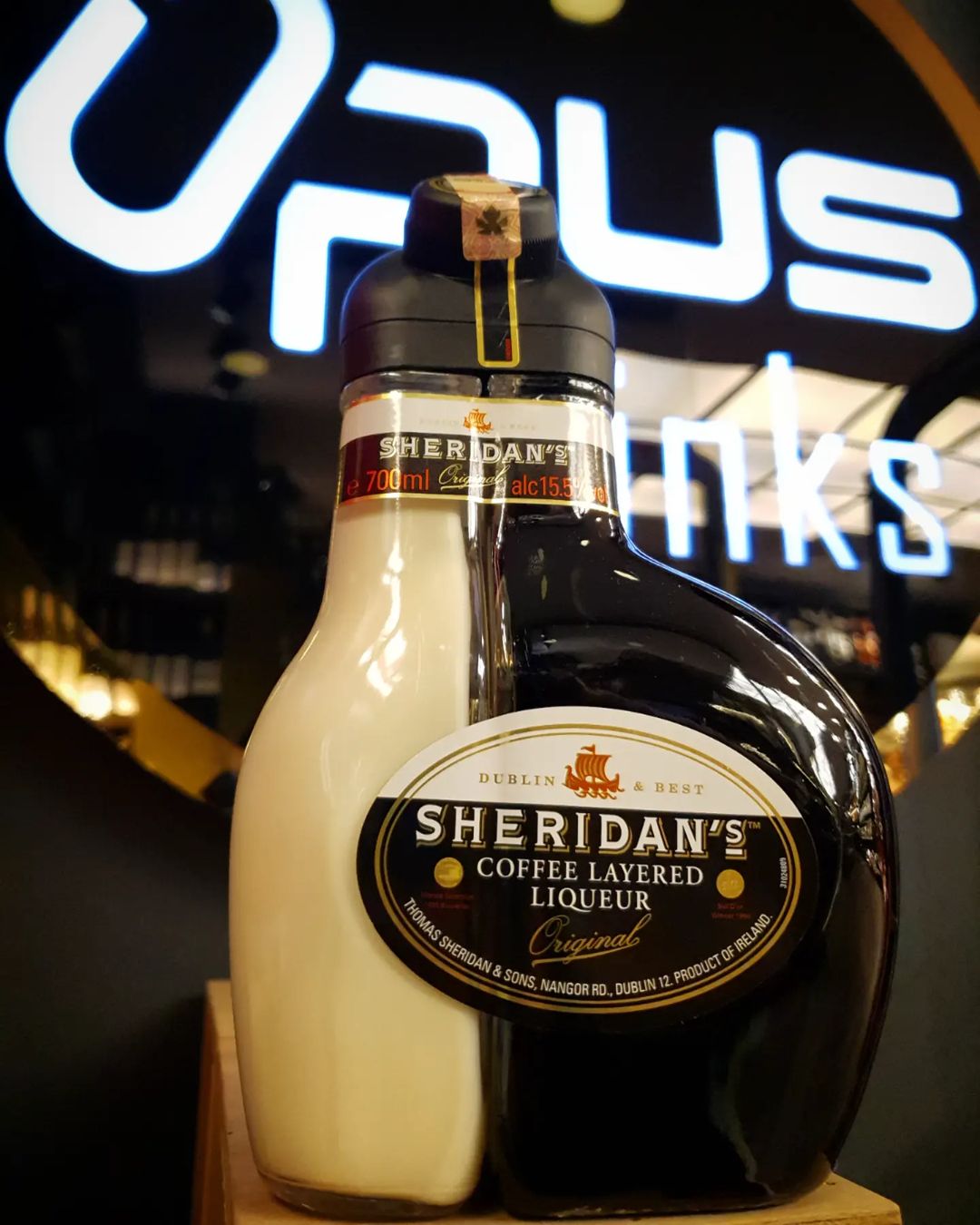When following a gluten-free diet, it is necessary to carefully examine the contents of every food item, from basic foodstuffs to desserts. Sauces are also included in this list! Especially ketchup and mayonnaise, which are the constant accompaniments of French fries… So, is it possible to consume ketchup and mayonnaise on a gluten-free diet?
Ketchup and mayonnaise are among the most popular sauces in the world. Moreover, it is not possible to think of these two flavors separately from each other. Whether next to fries, on a hot dog, or inside a hamburger… It is possible to encounter the ketchup and mayonnaise duo anytime, anywhere. Of course, it is a matter of great curiosity whether ketchup, which adds flavor to many foods with its sweet and tangy taste, and its inseparable friend mayonnaise, are suitable for a gluten-free lifestyle!
Like many products consumed on a gluten-free diet, it is necessary to carefully examine the ingredients of ketchup and mayonnaise, check the ingredients used and review the production conditions. So, is this duo, which we can encounter in all world cuisines, suitable for individuals with celiac disease or gluten sensitivity?
Is There Gluten in Ketchup?
Ketchup is a bright red, hot or sweet sauce that is familiar to everyone. This delicious sauce is generally made from a mixture of tomatoes, water, vinegar, sugar and salt. In addition to these ingredients, a number of different condiments and spices are also used. Of course, each brand has its own spice blend.
The most commonly preferred spices and condiments in making ketchup include garlic, onion, cloves and coriander.
Gluten is a type of protein group found in some grain products such as wheat, barley and rye. Ketchup is considered a gluten-free sauce because none of these grains are used in the preparation of most ketchup varieties. However, some brands can also use vinegars obtained from wheat-derived foods. In addition, many sauces, including ketchup, use thickening agents, and gluten may sometimes be found in their ingredients. Moreover, the facility where ketchup is produced must also be careful against the risk of cross-contamination.
The transfer of various microorganisms and nutrients from food to food, from people to food, or from equipment to food is called cross contamination. Therefore, when the same countertops and equipment are used for a gluten-containing product and a gluten-free product, the risk of cross-contamination may be inevitable.
Every individual who wants to follow a gluten-free diet due to celiac disease, gluten sensitivity or other reasons should first look for the phrase “gluten-free” on the packaging. However, gluten-free statements added to products are a matter left entirely to the initiative of the brands. In this case, the most reliable control method for packaged foods is to read the ingredients list. It is necessary to carefully read the ingredients section and allergen warnings on the back of ketchup bottles or jars.
In summary; Ketchup is a naturally gluten-free food as long as it is made with distilled vinegar. However, the use of thickening agents or contact with other gluten-containing foods can prevent ketchups from being gluten-free.
Is There Gluten in Mayonnaise?

Mayonnaise, one of the most common sauces around the world, is used in sandwiches, salad dressings, various appetizer recipes and many other dishes. Mayonnaise is made with eggs or egg yolks, oil, vinegar or lemon juice. Just like ketchup, each brand uses its own spices in mayonnaise. These spices generally include black pepper, sea salt, sugar, mustard, celery and mustard seeds.
The type of oil used in making mayonnaise also varies between brands. Many producers prefer neutral-flavored oils such as canola, avocado, soybean oil, grapeseed or safflower. Intensely flavored oils such as olive oil can overpower the flavor of mayonnaise and are therefore not preferred.
So, can mayonnaise be a safe sauce for people on a gluten-free diet? Namely, the basic ingredients in mayonnaise do not contain gluten. In this way, mayonnaise is safe for individuals on a gluten-free diet in most cases. However, recipes that include some additional ingredients may contain gluten. It is also possible that the oils and vinegar used contain gluten-containing products. Moreover, just like ketchup, there is a risk of cross-contamination in mayonnaise!
Soy sauce is made by combining soybeans and crushed wheat and fermenting the two products in salt water containing mold cultures. Therefore, most soy sauce on the market contains gluten. However, soybean oil is a gluten-free type of oil because it is produced from soybeans and the bean itself does not contain gluten.
The most reliable way to make sure you are purchasing gluten-free mayonnaise while shopping is to read the ingredients. Some brands add the phrase “gluten-free” on their products, contrary to the ingredients in small print. However, it is not possible to see this in every product. When you go to a restaurant, the best solution may be to ask a manager who deals with purchasing the products whether the mayonnaise and other sauces are gluten-free!
Is There Gluten in Garlic Mayonnaise?

Apart from individuals with celiac disease and gluten sensitivity, bloating, stomach aches, constipation, etc. caused by gluten consumption may occur. Many people who want to get rid of problems try to follow a gluten-free diet. However, many products that do not contain wheat, barley, semolina, bulgur or rye may still carry a gluten risk. Sauces such as mayonnaise are also in this risk group.
Mayonnaise is normally considered a gluten-free food ingredient. Because it does not contain any grain products. Since garlic is a gluten-free food ingredient, garlic mayonnaise is a gluten-free sauce alternative in most cases. However, if there is no distilled vinegar in the mayonnaise or if sweeteners or thickening substances containing even trace amounts of gluten are used, it is not suitable for consumption by people with celiac disease and gluten sensitivity.
Is There Gluten in Spicy Mayonnaise?

Gluten is defined as a type of vegetable protein found in grain products such as wheat, barley, semolina and rye. Gluten, which provides consistency, flexibility and softness to the products it is added to, acts as a binder in many products. Since gluten is contained in grain products, products such as red pepper, green pepper and tomato paste, which add bitterness to mayonnaise, do not contain gluten.
As we mentioned before, traditional mayonnaise is made from gluten-free ingredients. Like garlic mayonnaise, spicy mayonnaise is also considered a gluten-free sauce alternative unless an extreme situation occurs. However, in some cases, oils, spices, thickening products added to mayonnaise or the risk of cross-contamination can spoil the gluten-free content of mayonnaise varieties. This makes mayonnaise consumption inappropriate for individuals with celiac disease and gluten intolerance.
Before purchasing plain mayonnaise, garlic mayonnaise or spicy mayonnaise, you should pay attention to the fact that the ingredients of these mayonnaises are completely gluten-free. Cereal products, modified starch or gluten-containing sweeteners that will thicken mayonnaise can turn mayonnaise into gluten-containing sauces. However, the thickening agents or starch contained in mayonnaise may not contain gluten in all cases. For this reason, it is extremely important to pay attention to the “gluten-free” statement and the ingredients list on mayonnaise!
*The explanations on this page do not constitute health advice or warning and are for informational purposes only. You should definitely consult your dietician about the foods you want to add to your daily diet.






